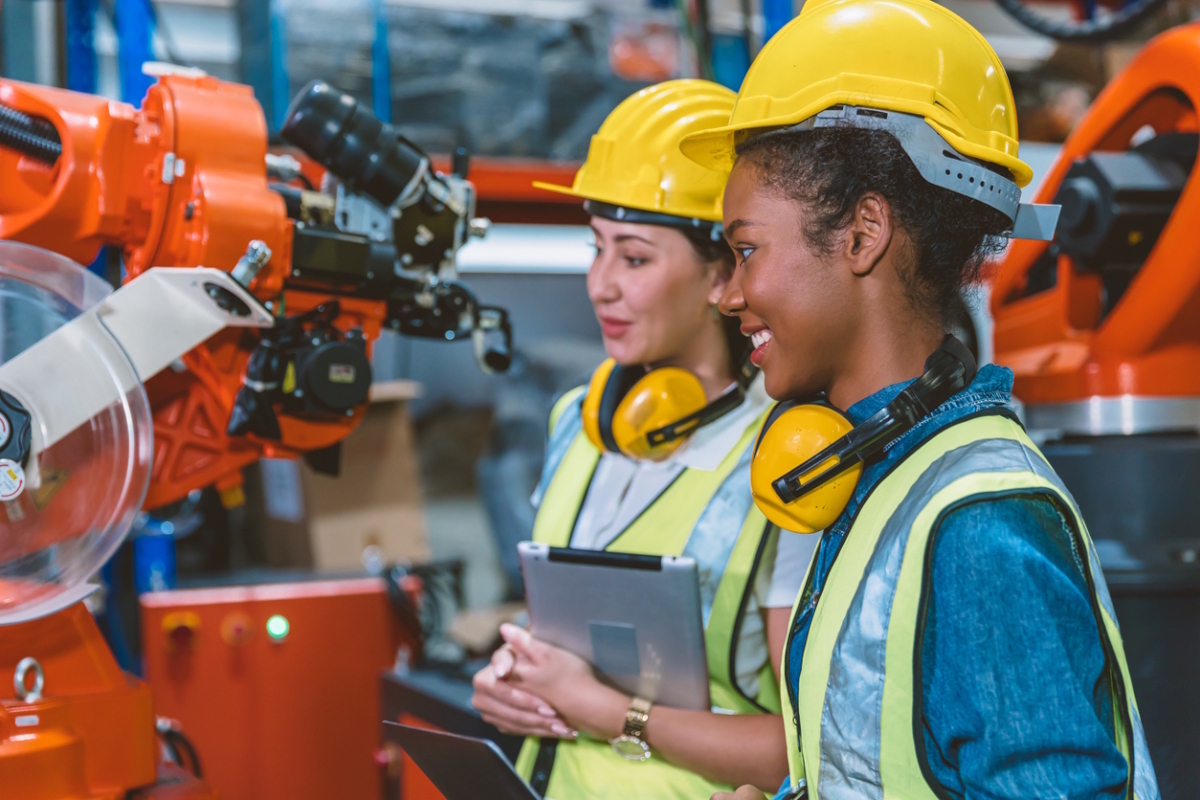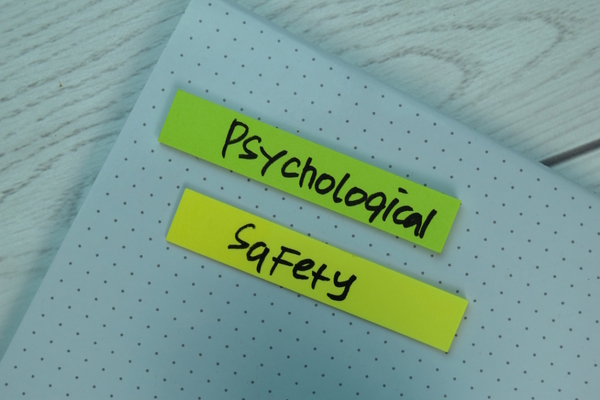AI is rewriting career paths for young talent
While AI sparks concern around displacement of entry-level talent, there’s another side to the story. Ben Peters at Cogna argues that it could help channel young talent towards industries that have historically been starved of young expertise

We’ve all seen the headlines: AI is transforming labour markets at a pace few of us could have predicted. For talent entering the workforce or occupying mid-level roles, the outlook seems bleak and a growing body of research is now also revealing just how much of that impact is falling on young shoulders.
Stanford researchers recently weighed in on the debate: their findings revealed that since the rise of generative AI, early-career workers in the most ‘AI-exposed’ jobs have seen a 13% relative drop in employment. The pinchpoints were particularly concentrated in occupations where AI was more likely to automate, rather than augment, human labour - with software engineering roles taking a big hit. Sectors long seen as entry points for upwardly mobile graduates are shifting and quickly.
The top-line statistics make for sobering reading for our young graduates or early-workers. But is it the whole story? Peel back the layers and you’ll find something interesting: AI may have capacity to displace young professionals in some roles - but it could just be the very thing that draws them to others. And, the industries that stand to benefit the most are the ones that have struggled for years to attract fresh recruits.
A new funnel for talent
For decades, the UK’s physical industries - manufacturing, construction, utilities - have faced the same challenge: replacing an ageing workforce with new, digitally native talent. Despite offering stable careers and meaningful work, they’ve often been overlooked by graduates in favour of shinier, tech-first roles in the corporate world.
But things are changing. As AI weaves itself into the fabric of these sectors - reshaping traditional roles, making them more dynamic and intelligent - it could be a future magnet for young talent. With AI, these industries are becoming smarter, more efficient, and more appealing to a generation that expects their workplaces to be as tech-enabled as their daily lives.
These industries rely on human problem solving. Even workers who aren’t on the ground frequently encounter exceptions, and are required to constantly adapt to unpredictable conditions and real-world constraints - such as unexpected failures, environmental constraints or site-specific challenges. These require human judgment, improvisation or creative solutions on an ongoing basis.
In this sense, AI augments rather than automates work in these industries. Smart systems amplify human ingenuity, by handling data preparation, flagging potential issues, and providing historical context. Think of a construction planner using generative design tools to optimise layouts in seconds, or a reliability engineer who uses AI to flag machines at risk of failure - so they can focus on strategic interventions. And, project planners in these industries can empower site teams with real-time, AI-enabled insights - helping them make smarter decisions before breaking ground.
These are not the repetitive, analogue roles of the past: they’re tech-first, and mission-critical for society.
Beyond the laptop economy
The future of our economic resilience depends on the physical systems and infrastructure that underpins society - from our energy grids, to our transport infrastructure and waterways. Solving infrastructure problems may not sound glamorous, but it’s immensely consequential. Keeping clean water flowing, building hospitals, decarbonising industry…these are challenges that really matter.
But, physical systems are at an inflection point: they’re ageing, and so are their workers. In construction, for example, the average worker age is growing - projected to hit 46 by 2050. This creates the perfect storm: embedded knowledge - established over many years - on the cusp of leaving the workforce, paired with a growing lack of next-generation thinking and digital proficiency. The consequences of this talent gap will show up in a very real way: supply chain vulnerabilities, infrastructure project delays, and poor energy resilience to name but a few.
Young people don’t just want jobs full stop: they want work that feels relevant, solves real-world problems, and satisfies their digital instincts. That’s where AI comes in - it’s not just optimising how systems run, but revitalising who’s going to run them looking ahead. This new generation is highly attractive as a talent pool for physical industries: they’re becoming AI native, understand how AI can integrate into workflows, and won’t accept the broken systems of the past readily.
Experienced heads on young shoulders
AI also has the potential to solve one of the great intergenerational challenges: knowledge transfer. Historically, when skilled technicians or engineers retired, so did decades of tacit knowledge. Now, this knowledge can be embedded into machine learning systems that guide the next generation. It’s a way of putting “old heads on young shoulders”: preserving institutional knowledge while empowering a fresh workforce to build on it.
And, where previous generations might identify problems but lack means to fix them, today’s workers can build and test solutions rapidly. Think about spreadsheet-based procurement, manual data collection, paper-based communication systems: rather than accepting these as institutional reality, younger generations see them as solvable problems and have tools to address them - fuelling a new wave of innovation in the real-world industries that keep society operational.
Building better careers
There’s no doubt that the disruption AI is causing in early-career employment is very real. But in the rush to sound the alarm, we risk missing where technology has the potential to expand opportunity and open up new types of careers in some sectors.
Recognising AI’s ability to amplify capabilities is the first step in funnelling workers towards industries that are starved of young talent. It could mean a future where career starters don’t have to choose between purpose and progression, or between digital innovation and impact.
To attract a generation of AI-literate, impact-driven workers, leaders in our physical industries must lean into this opportunity: not just to the tech itself, but to the stories they tell about their work. Physical industries need to show up not as dusty relics of the past, but as the heart of an AI-enabled future.
AI is going to change the world of work - but let’s ensure it’s also shaping better careers for prospective talent in our industries who need it the most.
Ben Peters is Co-Founder and CEO at Cogna
Main image courtesy of iStockPhoto.com and coffeekai

Business Reporter Team
You may also like
Most Viewed
Winston House, 3rd Floor, Units 306-309, 2-4 Dollis Park, London, N3 1HF
23-29 Hendon Lane, London, N3 1RT
020 8349 4363
© 2025, Lyonsdown Limited. Business Reporter® is a registered trademark of Lyonsdown Ltd. VAT registration number: 830519543





